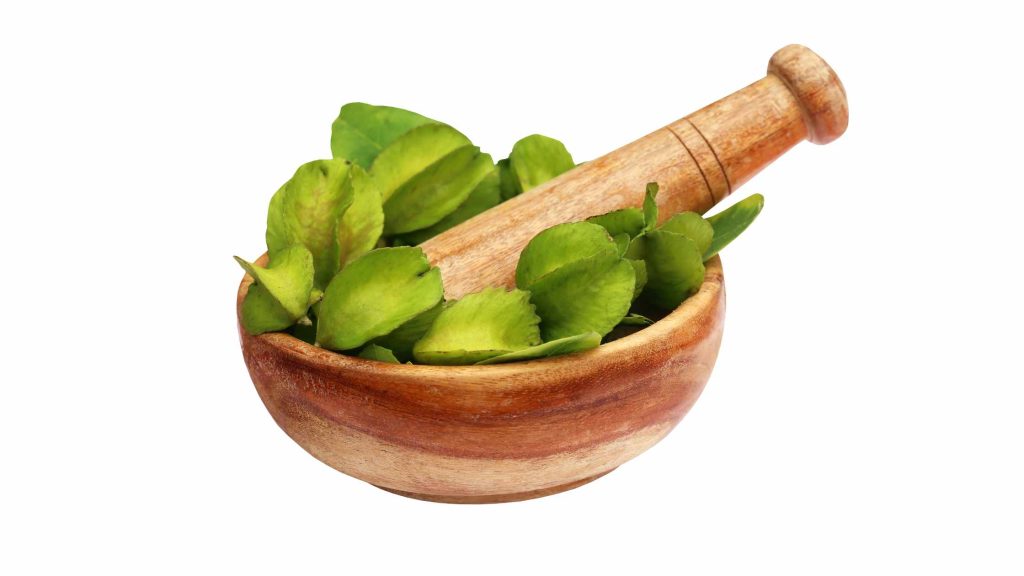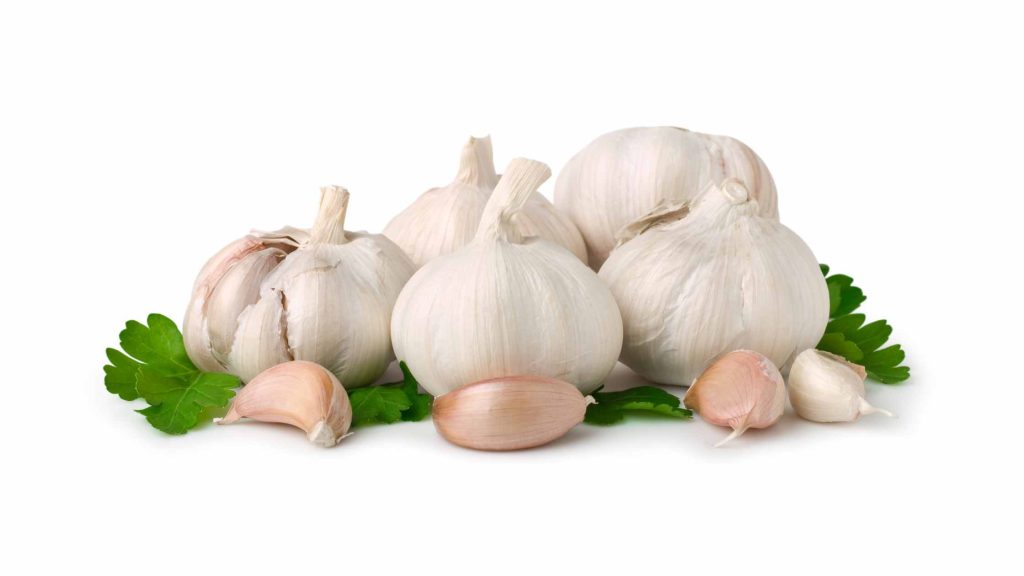In India, heart disease remains a leading health concern, with recent statistics showing that approximately 30% of adults are affected by high cholesterol levels, contributing significantly to heart health issues. Cholesterol, a fatty substance found in the blood, is essential for various bodily functions, including hormone production and cell membrane maintenance. However, when cholesterol levels become imbalanced it can lead to the buildup of plaque in arteries, increasing the risk of heart attacks and strokes.
There are two main kinds of cholesterol:
- High-Density Lipoprotein (HDL): Known as “good” cholesterol, HDL helps transport excess cholesterol from the blood back to the liver, where it is processed and removed. Higher levels of HDL are beneficial as they help reduce the risk of cardiovascular problems by preventing plaque buildup in the arteries.
- Low-Density Lipoprotein (LDL): Often called “bad” cholesterol, LDL can build up on the walls of arteries, forming plaque that narrows and hardens them. This can lead to a higher risk of heart disease and stroke.
Maintaining a healthy balance between LDL and HDL is essential for cardiovascular health.
What is Medas Dhatu and what is its connection to Heart health?
In Ayurveda, Medas Dhatu refers to the body’s fat tissue, which plays a crucial role in overall health and wellness. This tissue is responsible for nourishing the body, supporting vital functions, and maintaining energy levels. However, when Medas Dhatu is imbalanced, it can lead to various health issues, including those affecting the heart.
Balance: The Key to Managing Cholesterol
- Achieving balance is crucial for managing cholesterol levels effectively and supporting overall heart health. In Ayurveda, balance refers to the harmonious state of the body’s doshas (Vata, Pitta, and Kapha), which play a vital role in regulating cholesterol.
- An imbalance, particularly in Kapha dosha, can lead to the accumulation of excess cholesterol and the formation of arterial plaque, increasing the risk of cardiovascular diseases. Achieving this balance is essential for preventing heart disease and promoting cardiovascular health.
Ayurvedic Herbs to Manage Cholesterol
Ayurveda offers several effective herbs to help manage cholesterol levels and support heart health:
1. Arjuna (Terminalia arjuna)
Arjuna is a renowned Ayurvedic herb specifically used to support cardiovascular health. It strengthens the heart muscles, improves blood circulation, and helps maintain healthy cholesterol levels. Arjuna has been shown to reduce LDL cholesterol and triglycerides while supporting overall heart function.

2. Guggulu (Commiphora wightii)
Guggulu is a potent herb known for its cholesterol-lowering properties. It helps in reducing LDL cholesterol and triglycerides while boosting HDL cholesterol levels. Guggulu aids in the proper metabolism of fats and supports healthy lipid profiles, which is beneficial for heart health.

3. Garlic (Allium sativum)
Garlic is widely recognized for its cardiovascular benefits. It helps lower LDL cholesterol and triglycerides while increasing HDL cholesterol. Its active compounds, such as allicin, also support healthy blood pressure and overall heart function.

Dietary and Lifestyle Guidelines for Optimal Heart Health & balancing Cholesterol
1. Balanced Diet
- Increase Fiber Intake: Incorporate whole grains, fruits, and vegetables to help lower LDL cholesterol and support heart health.
- Healthy Fats: Opt for unsaturated fats found in olive oil, avocados, and nuts. Limit saturated fats and avoid trans fats to reduce cholesterol levels.
- Lean Proteins: Include sources like fish, poultry, and legumes. Fish rich in omega-3 fatty acids, such as salmon and mackerel, can help lower triglycerides and support heart health.
- Reduce Salt and Sugar: Minimize salt intake to prevent hypertension and limit added sugars to reduce the risk of weight gain and diabetes.
2. Regular Exercise
- Cardiovascular Workouts: Engage in activities like brisk walking, cycling, or swimming for at least 150 minutes per week to improve heart health and manage cholesterol levels.
- Strength Training: Include muscle-strengthening exercises twice a week to support overall health and maintain a healthy weight.
3. Avoid Tobacco and Limit Alcohol
- No Smoking: Smoking is a major risk factor for heart disease. Quitting can significantly improve heart health.
- Moderate Alcohol Consumption: If you drink, do so in moderation—no more than one drink per day for women and two for men.
4. Regular Health Check-ups
- Monitor Cholesterol Levels: Regular check-ups can help track cholesterol levels and make necessary adjustments to your diet and lifestyle.
- Manage Blood Pressure: Keep blood pressure within a healthy range to support overall cardiovascular health.
Incorporating a holistic approach to heart care is essential for maintaining optimal cardiovascular health. By understanding the interconnectedness of various factors influencing cholesterol and heart function, you can take proactive steps to support cardiovascular health. Embracing this holistic perspective not only aids in managing cholesterol but also enhances overall cardiovascular well-being and quality of life.
Holistic Healing Stories at Sri Sri Ayurveda Hospital
At Sri Sri Ayurveda Hospital, we also offer online consultation support with our Ayurveda specialists to get the right guidance from the comfort of your home. Connect to our specialists and plan an individual path back to health.


